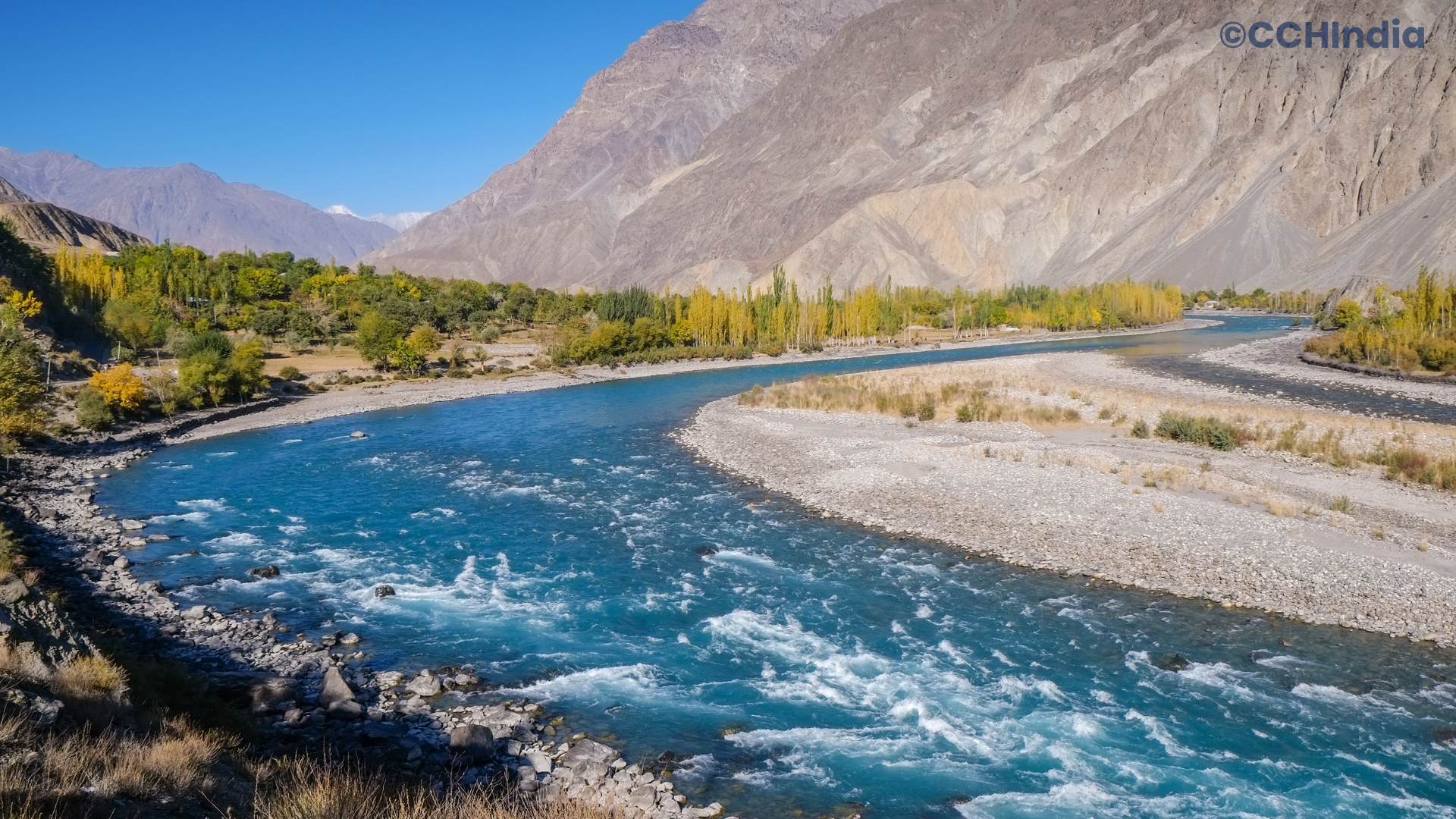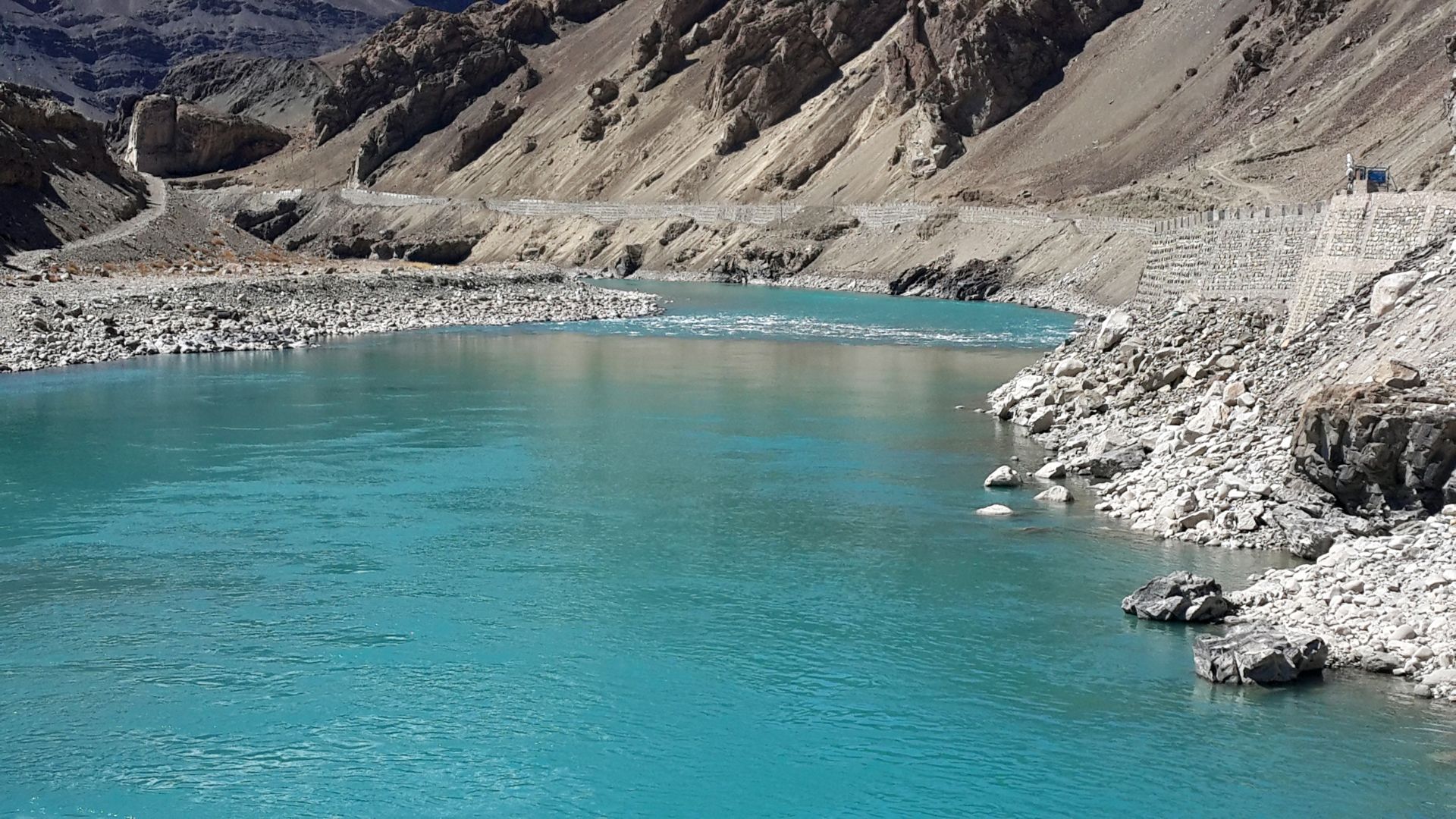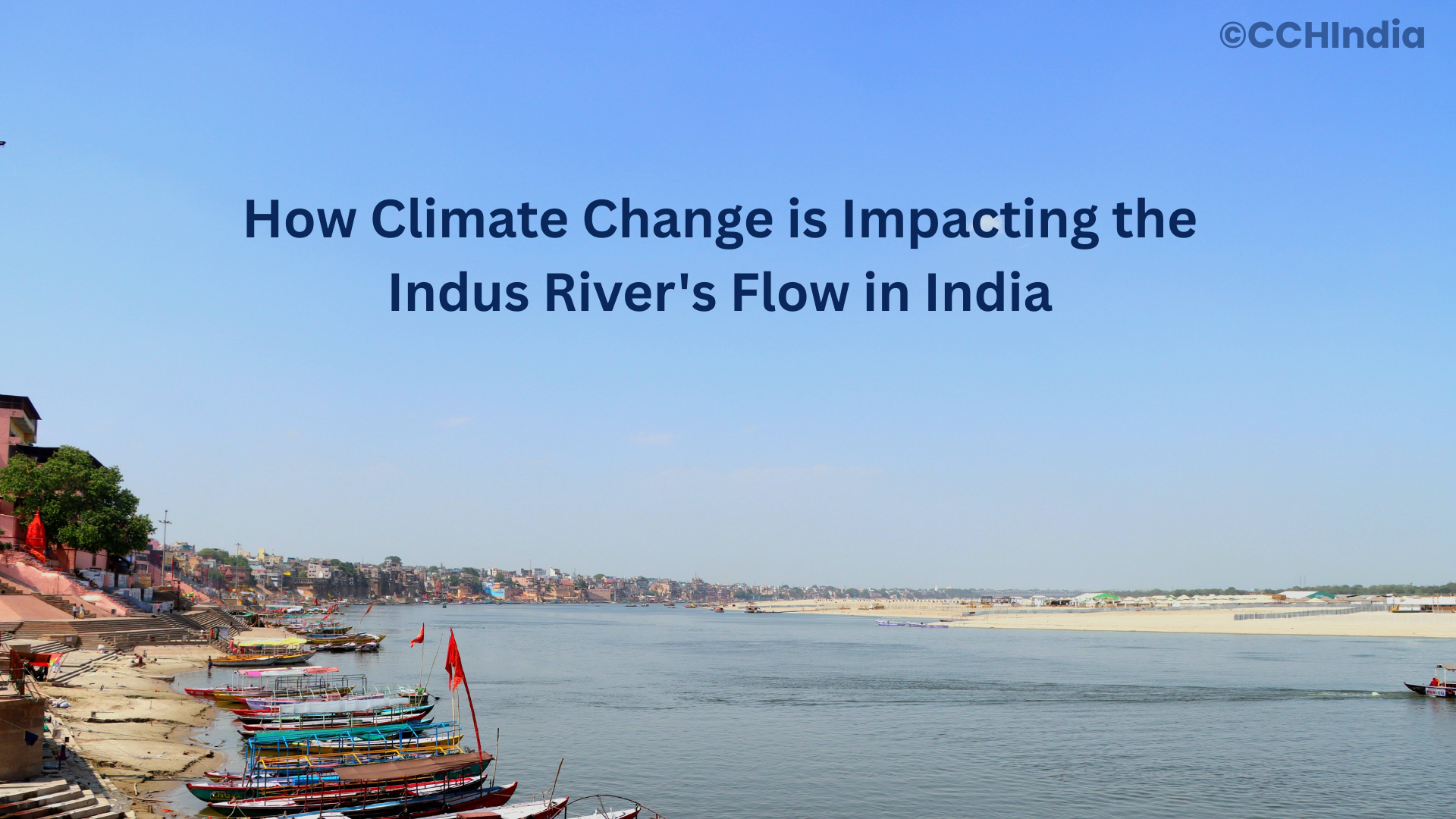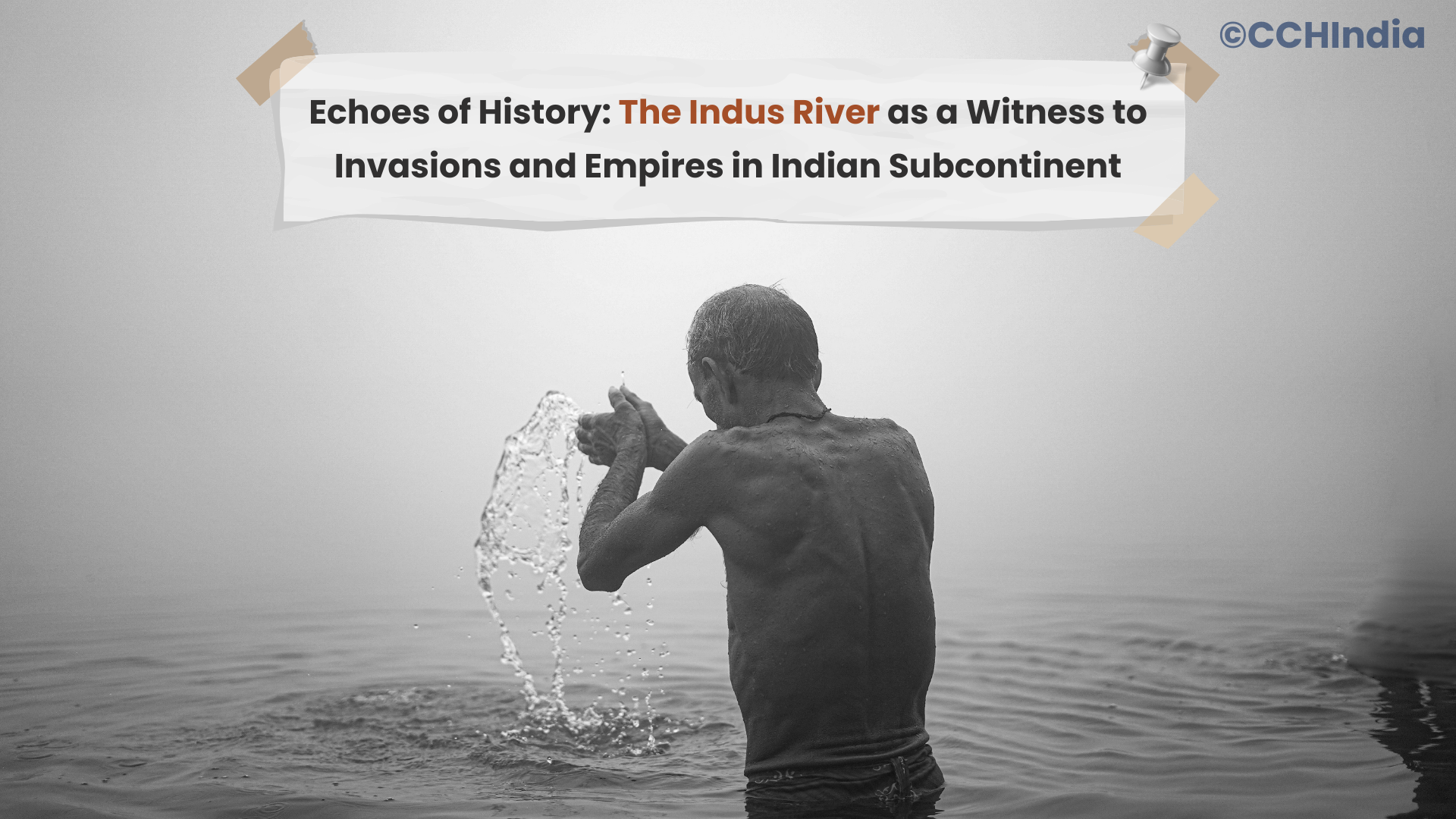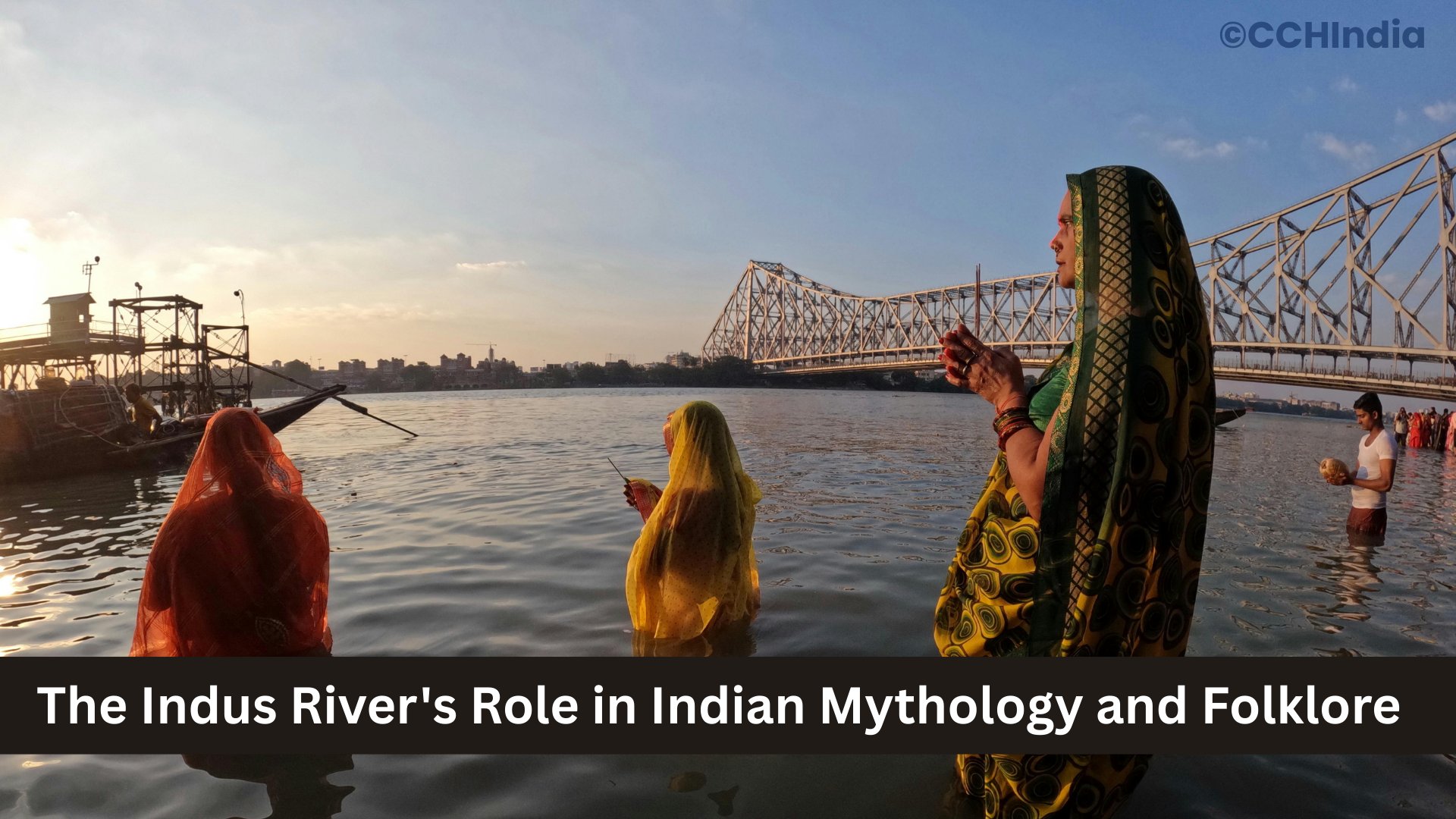I’ll be real with you. I’ve always found the Indus Treaty kind of… fascinating. I mean, who splits rivers? Sounds simple on paper: “You take these rivers, we take those ones.” But water isn’t like land or money. You can’t just draw a line and call it a day. Rivers have moods. They swell in the monsoon, they dry up in summer. They don’t care about borders.
And yet, India and Pakistan decided: okay, the three “eastern” rivers (Beas, Ravi, Sutlej) go to India, the three “western” ones (Indus, Chenab, Jhelum) stay with Pakistan. The World Bank played referee. Done deal, right? Except not really.
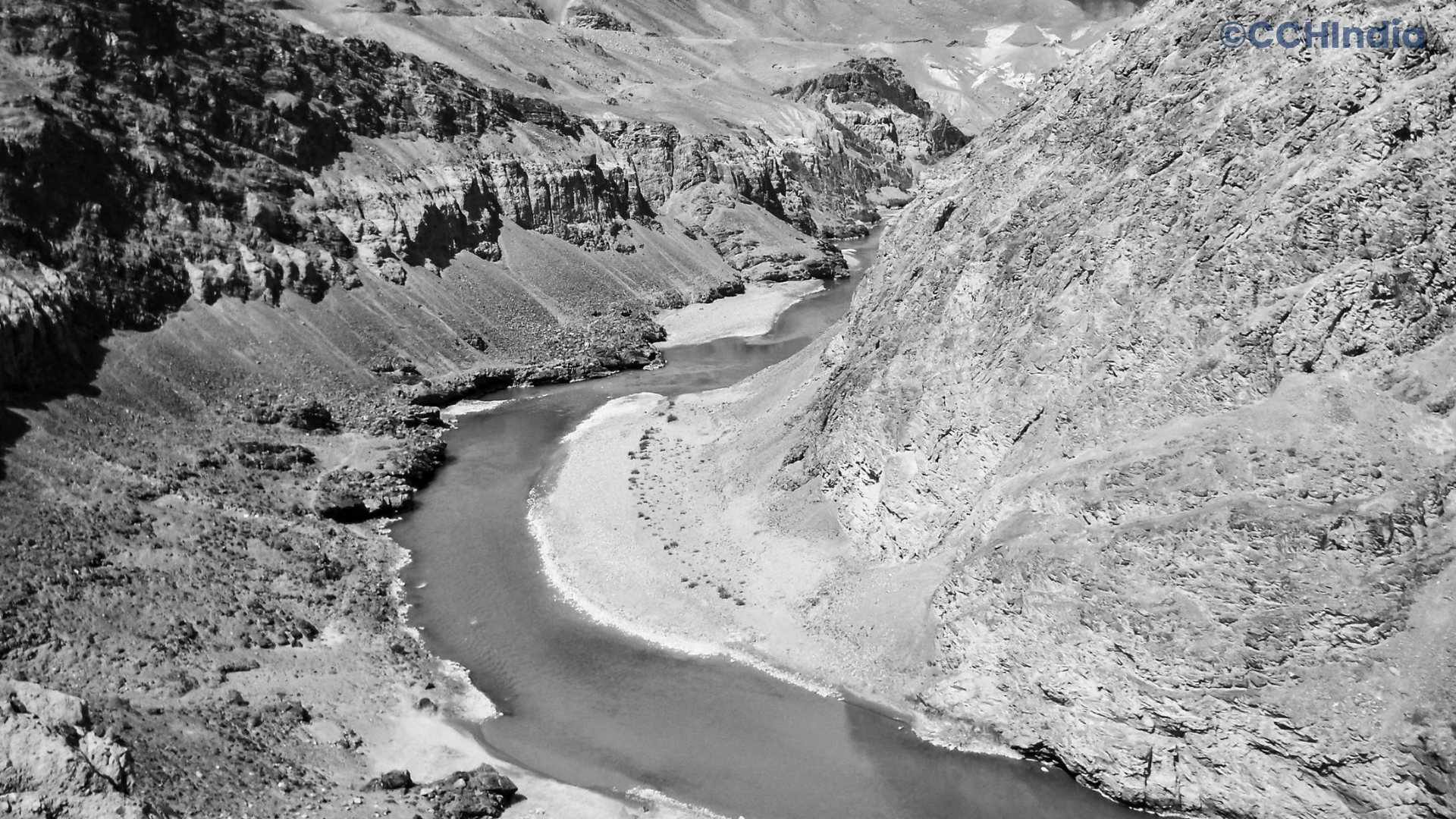
Here’s where it gets tricky. Both sides signed it, but they never really trusted each other. How could they? Wars broke out, politics shifted, Kashmir kept burning, and every now and then, somebody would accuse the other of “stealing” water. Sometimes I think the treaty survived not because of goodwill, but because neither side wanted to look like the one who broke it first.
Think about that for a second. A treaty outlasting wars, terrorist attacks, and decades of animosity — all because it’s politically “safer” to keep it than to tear it up.
But now, sixty-five years later, the cracks feel… bigger. Climate change is reshaping the rivers. Glaciers are melting faster, floods are harsher, droughts are scarier. And technology? Oh, that’s changed too. India has the engineering to build massive dams and hydropower projects. Pakistan fears every new project like it’s a death sentence for its crops. You can see why — when your economy literally drinks from those rivers, every dam feels like a chokehold.
And here’s the thing that bothers me: ordinary people on both sides don’t even think about the treaty. Farmers just want water for their fields. City folks just want taps that don’t run dry in May. But governments? They see leverage. They see bargaining chips.
It makes you wonder — are we protecting water, or are we weaponizing it?
There’s another layer nobody likes to talk about. Pride. Both countries want to be seen as strong, independent, unbending. But water? Water doesn’t care about pride. It just flows. If glaciers melt too fast or rainfall shifts, no amount of political chest-thumping can create new rivers.
Maybe that’s why the treaty feels shaky now. It’s not just India versus Pakistan anymore. It’s humans versus nature, and let’s be honest — nature usually wins.
So, where does that leave us?
Honestly, I don’t know. Part of me feels impressed the treaty lasted this long — like a stubborn old tree refusing to fall in a storm. But another part of me feels uneasy, like we’re standing on a rope bridge that’s fraying at the edges.
Because if the Indus Treaty snaps, it’s not just a “policy issue.” It’s drinking water. It’s farms. It’s survival.
And survival doesn’t care about treaties. 🌊


